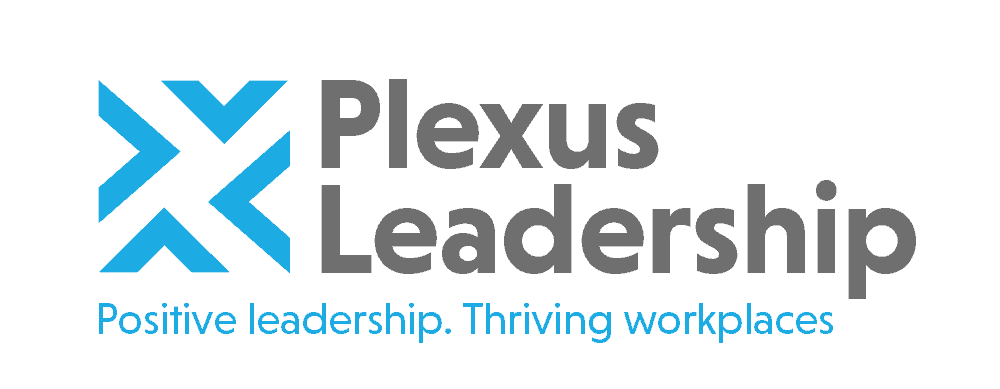We hear a great deal from HR and top management clients about the need for greater self-management among employees and we would agree, it is indeed crucial for peak performance. By self-management we mean the willingness and skill to manage yourself and your own performance. Effective self-management includes:
Self-awareness: building awareness of your aspirations, values, strengths and weaker areas/blockers through soliciting feedback, reflecting on progress and maintaining a growth mindset;
Self-motivation: taking ownership of one’s performance and working out the best pathways to goal accomplishment, including accountability for achieving high standards;
Self-regulation: understanding and managing your emotions effectively so they don’t become toxic and undermine relationships and your performance; and
Self-improvement: engaging in continuous learning and adaptation, including learning from mistakes and successes and stretching yourself to move outside your comfort zone to learn new, better ways of doing things.
Self-management is important for effective performance, however, is by itself insufficient to drive enduring peak performance. Great, self-managing people don’t just become great on their own; there are two other vital performance ingredients that need to be in place that are often overlooked by organizations:
Supportive management
Managers who are supportive are encouragers and coaches who enable people to be at their best by believing in them and removing blockers and barriers to effective performance. Rather than managing by fear, they make people feel important and valued by listening to and empathizing with them, taking their opinions and any concerns into account. They also challenge them to set stretching goals and provide encouragement and recognition to help them progress. However, they also support them when inevitable mistakes and setbacks arise, helping them overcome and learn from these.
Empowering leadership and culture
Even with highly self-managing people and great first line managers, companies can still lose their best people and fail to create a motivating performance culture if top leadership and the environment are toxic and drain people’s energy and motivation. Top management in the best performing companies sets a clear and meaningful purpose people can easily identify with, ideally one that goes beyond profits and products and inspires people to work hard to make a difference by positively impacting their customers and society.
Leaders in these companies also work hard to invest in building a company culture characterized by open communication and candour (including constructive criticism of top management), learning from mistakes, appreciation of diverse styles and opinions, regular updates on progress and recognition of outstanding accomplishments. Positive cultures are human-centred, compassionate and energizing, encouraging people to forge close relationships, collaborate regularly and enjoy chill time with their co-workers, as well as providing people with opportunities to get emotional support when they need it most.
If you want peak performance from people, don’t simply encourage them to self-manage and leave them to it. Ensure your managers are fully trained, equipped and encouraged to offer excellent support and build a positive, energizing culture that inspires excellence.
Other Posts

About the Author
James Brook
Founder and MD | Leadership Consultant | Organizational Psychologist
James is a leadership consultant, organizational psychologist and executive coach. He has over 25 years’ experience working with leaders, teams and organizations globally to optimize their performance, talent and future success. He specializes in positive leadership, thriving workplaces, collaboration and influencing, organizational change and transformation, accelerating innovation and coaching executives and leaders in innovative sectors including Tech, Digital, E-commerce and Life Sciences.
Before setting up Plexus Leadership, James held leadership roles in HR and Talent Management in the UK and abroad with companies such as NatWest, Yahoo! and Novo Nordisk Pharmaceuticals. After this, he founded and led several talent and leadership consulting and assessment businesses, including Strengthscope®, an online strengths assessment and development business serving a wide range of UK and global clients. James grew this venture into a global market leader before selling the business in 2018.
James has supported, advised and coached leaders and teams globally across diverse industries and geographies. Clients he has worked with include Allen & Overy, Commvault, Equinor, Facebook, GSK, Hilton, John Lewis, Novartis Pharmaceuticals, NHS, Oracle, Sainsbury’s, Swiss Re, Tesco, Takeda Pharmaceuticals, WSP and Yahoo!.
James has a Master’s in Organizational Psychology, an MBA, an Advanced Diploma in Executive Coaching and a Harvard Business qualification in Sustainable Business Strategy. He is a member of the Institute of Directors, the Association of Business Psychologists and a Fellow of the Chartered Institute of Personnel and Development (FCIPD). He is currently undertaking a PhD in Organizational Psychology examining the start-up experiences of Tech and Digital entrepreneurs.
James is a regular contributor and speaker on leadership, coaching, innovative talent management and the future of work. His most recent book, Optimize Your Strengths, explores how leaders can create thriving workplaces by inspiring and supporting people to optimize their potential and teamwork to deliver breakthrough results.





